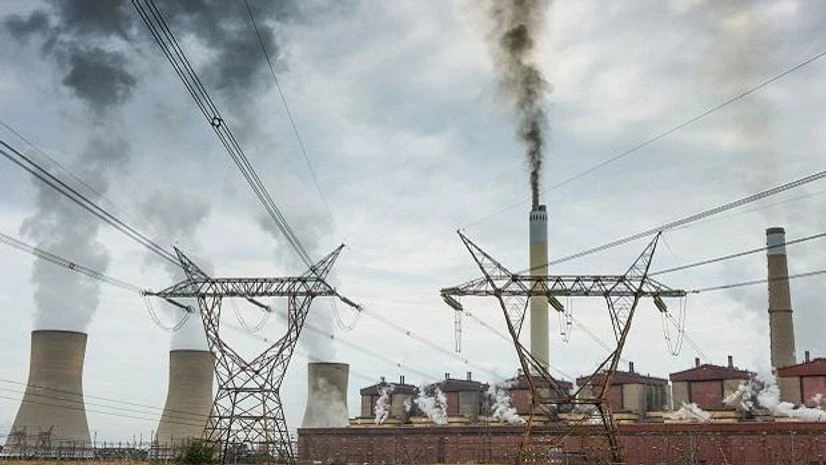A senior Sri Lankan official has blamed poor quality crude oil imports for the shutdown of a power plant, leading to extended blackouts amid the ongoing economic crisis in the island nation.
Janaka Ratnayake, chief of the Public Utilities Commission, told the BBC on Monday that the oil burnt in the furnaces had too much sulphur in it.
"Sulphur content is too high in the furnace oil (fuel oil) which is not suitable for the current power plants and it's also not conforming with environmental standards.
"If you buy good quality crude oil for refineries, then this problem will not happen," Ratnayake told the BBC.
The senior official said about 10 per cent of Sri Lanka's electricity came from diesel and fuel oil power plants, while the rest is generated from hydro, renewable and coal-powered plants.
Disputing the allegation, Power and Energy Minister Kanchana Wijesekara said the island nation's state-run fuel retailer, Ceylon Petroleum Corporation (CPC), would respond legally to Ratnayake's allegation.
More From This Section
"CPC has adequate stocks of diesel & fuel pil. Extended power vuts was requested by CEB (Ceylon Electricity Board) due to breakdown at Lakshapana, insufficient funds at CEB for diesel & fuel oil & hydro management," he said in a tweet earlier on Monday.
Ratnayake's accusation came after Sri Lanka last week increased its daily power outage from 80 minutes to 140 minutes because of a drop in power generating capacity.
The island nation has been facing its worst financial crisis since it gained independence from Britain in 1948 and is struggling to find enough dollars to import fuel and food, reports the BBC.
The shortages led to months of anti-government protests and long queues outside petrol stations.
In July, former President Gotabaya Rajapaksa fled the country and resigned after thousands of protesters stormed his official residence in Colombo.
He was replaced by Ranil Wickremesinghe.
Since then, the government has introduced a ration system for fuel using a QR code that has reduced the queues outside petrol stations.
Sri Lanka has reached a preliminary agreement with the International Monetary Fund for an emergency loan of $2.9 billion and it expects the deal to be approved by the end of this year.
Currently, Sri Lanka has about $50 billion of external debt.
--IANS
ksk/
(Only the headline and picture of this report may have been reworked by the Business Standard staff; the rest of the content is auto-generated from a syndicated feed.)

)
